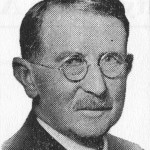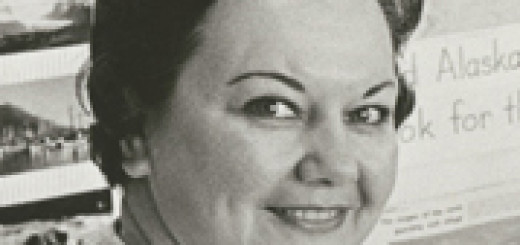Henry Wesley Foltz was born on this day in 1853, in Friedberg, to Edward and Lucinda Sides Foltz.
In 1900, Henry started in the real estate and insurance business. In 1908, he was joined by a Mr. Spaugh. His firm was selected by the Winston Development Company to handle its large suburban subdivisions and became the sole agent for all the remaining property of this concern in 1910.
Henry was particularly interested in welfare work. He was appointed by the Governor of North Carolina to be a member of a group that was charged with inspecting the county home, the jail, and the convict camp four times a year. During his inspections, he saw that there was a need for religious services at the county home, and he prepared a schedule of services for this institution.
Henry was a member of Calvary Moravian Church, and served on the board of elders. He was also responsible for organizing several Moravian churches.
Henry was married first to Carrie Johnson Foltz and second to Mary Cecil Evans Foltz.
For all of Henry’s accomplishments and contributions to Winston-Salem, local historians are most grateful to Henry for taking the time to record his recollections of the town of Winston. He published a small booklet in 1926 called “Winston Fifty Years Ago.” He chose the 1875 time period because that was when he came to Winston to work, at the age of 20. He came from Friedberg, which he referred to as the “country.” He had been hired to work in the office of the Merchants Hotel.
The Merchants Hotel was owned by Pfohl and Stockton, and the year after Foltz arrived, they began building a large, brick store. This was the first real store erected in Winston, and Foltz was responsible for making a record of all the construction materials that were delivered to the building lot. After the store was finished, Foltz was employed in the platform and warehouse department of the store.
In addition to recounting this experience, he takes the reader on a walking tour of the city, pointing out where houses and businesses were located, and telling about the people and significance of buildings. The small booklet is only a few pages long, but it is a snapshot of life in Winston in the late 1870s, as seen by someone who was there.
Henry was a Master Mason, and a member of Winston Masonic Lodge No. 167.
Henry passed away in 1933.
Photo courtesy of Forsyth County Public Library Photograph Collection.





